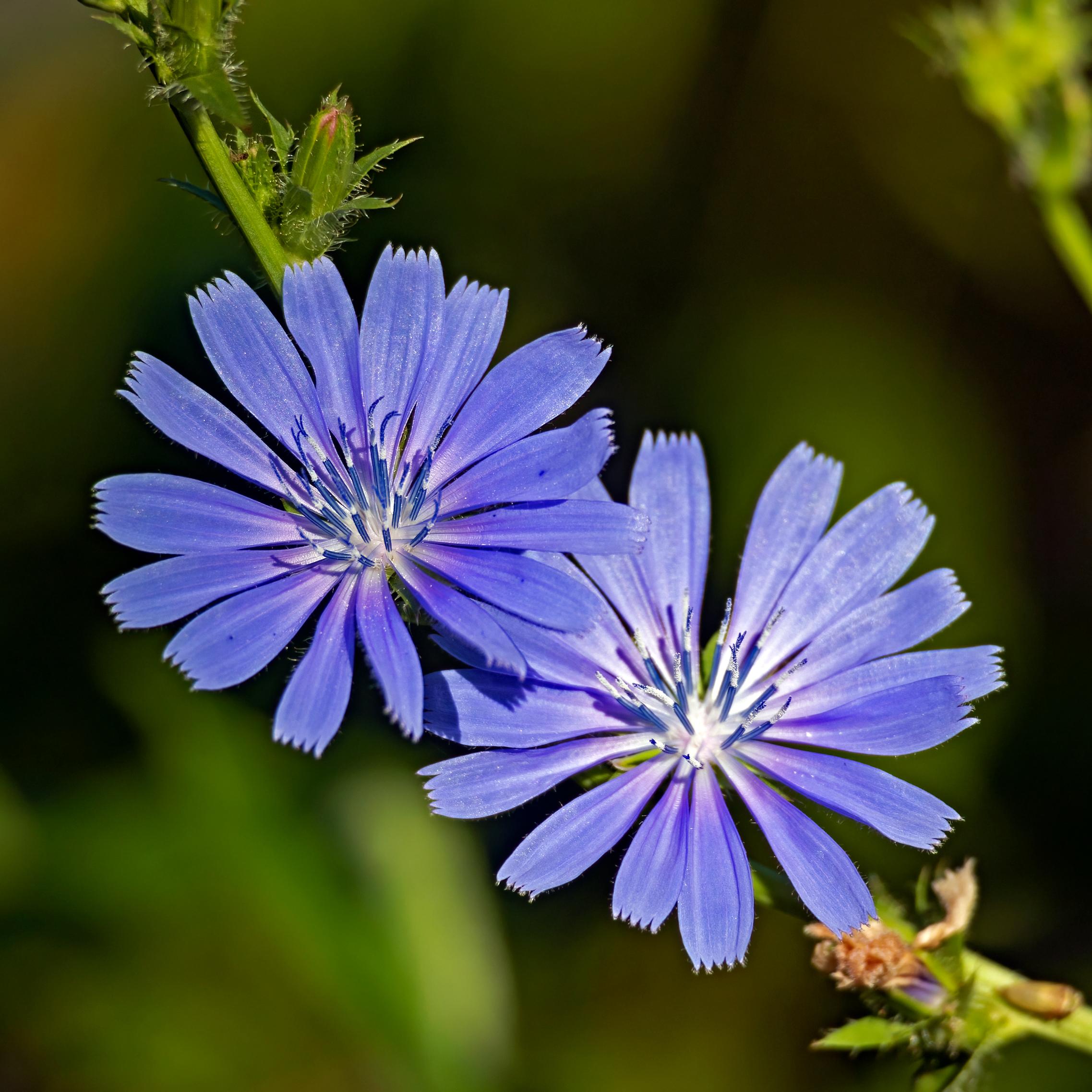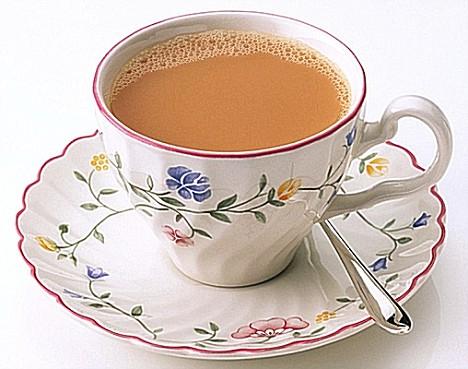In the bustling world of beverages, two titans stand unchallenged: coffee and tea. These age-old elixirs have fueled countless conversations, inspired poets, and warmed hands on chilly mornings. Yet, beneath their aromatic allure lies a simmering debate that has divided enthusiasts and health aficionados alike: which of these beloved brews is truly healthier? As we embark on this journey through the swirling mists of steam and tradition, we will explore the origins, benefits, and myths surrounding each drink. Join us as we delve into the heart of this age-old rivalry, where science meets culture, and every sip tells a story. Whether you find solace in the robust embrace of coffee or the delicate whispers of tea, the answer may surprise you.
Brewing the Debate Antioxidants and Their Role in Health
In the world of health enthusiasts, the battle between coffee and tea as the superior source of antioxidants has long brewed. Both beverages boast an impressive lineup of antioxidants, yet their profiles are distinct. Coffee is celebrated for its high levels of chlorogenic acid, a potent compound that has been linked to reducing inflammation and promoting heart health. On the other hand, tea, particularly green tea, is revered for its catechins, especially epigallocatechin gallate (EGCG), which have been associated with enhancing brain function and aiding weight loss.
When choosing between the two, consider these factors:
- Personal Health Goals: Are you looking to boost your metabolism, or is your focus on reducing cardiovascular risks?
- Caffeine Sensitivity: Coffee generally contains more caffeine than tea, which might influence your choice if you’re sensitive to stimulants.
- Taste Preferences: The robust flavor of coffee versus the subtlety of tea can be a deciding factor for many.
Both drinks offer unique benefits, and incorporating a balance of each could be the key to harnessing the full spectrum of their antioxidant power.

Caffeine Content and Its Impact on Your Body
Understanding the caffeine content in your favorite brew is essential to gauge its impact on your body. Coffee typically packs a more potent punch, with an average cup containing around 95 mg of caffeine, while tea generally offers a gentler lift, averaging between 20 to 60 mg per cup. This difference can influence everything from your energy levels to your heart rate and even your sleep patterns. Here’s how caffeine might affect you:
- Alertness: Both beverages can help improve focus, but coffee’s higher caffeine content might lead to a more pronounced effect.
- Heart Health: Moderate consumption of either drink can be beneficial, yet excessive caffeine from coffee might lead to increased heart rate.
- Sleep: While both can interfere with sleep if consumed too late in the day, coffee’s stronger caffeine hit may have a more significant impact.
While the caffeine kick is a big draw, it’s crucial to understand how your body reacts and to adjust your consumption accordingly. Balancing the invigorating benefits with potential downsides can help you make the best choice for your lifestyle.

The Caloric Conundrum Navigating Additives in Your Cup
When it comes to choosing between coffee and tea, the decision isn’t just about flavor; it’s also about the intricate dance of calories and additives swirling in your cup. While both beverages start off with a low-calorie base, the additions you choose can dramatically alter their nutritional profiles. Coffee often finds itself paired with creamers, syrups, and sugars, transforming a simple brew into a calorie-laden concoction. On the other hand, tea enthusiasts may lean towards honey, milk, or even boba pearls, each contributing their own caloric load.
- Creamers & Syrups: These can add significant calories and sugar to coffee, especially flavored or sweetened varieties.
- Milk & Honey: Common tea additions, offering a natural sweetness and creaminess but also extra calories.
- Herbal Infusions: Typically calorie-free, these can enhance tea’s flavor without adding extra energy content.
Ultimately, the key lies in moderation and mindful selection of additives. By understanding the caloric impact of each addition, you can enjoy your preferred beverage while maintaining a balanced lifestyle.

Choosing Your Brew Tips for a Balanced Beverage Routine
Crafting a beverage routine that suits your lifestyle and wellness goals can be both an art and a science. Whether you’re a dedicated coffee enthusiast or a tea aficionado, finding the right balance is key to maximizing the health benefits of these beloved drinks. Here are some tips to help you navigate your options:
- Moderation is Key: While both coffee and tea offer unique health benefits, consuming them in moderation is essential. Excessive caffeine intake can lead to restlessness and disrupt sleep patterns.
- Mind Your Additives: Adding sugar, cream, or flavored syrups can quickly turn a healthy brew into a calorie-laden indulgence. Consider natural sweeteners or enjoy your drink plain to appreciate its pure flavors.
- Time Your Consumption: Align your coffee or tea intake with your daily routine. A morning cup can kickstart your day, while an afternoon brew might offer a gentle pick-me-up without affecting nighttime sleep.
By incorporating these tips into your routine, you can enjoy the best of both worlds while maintaining a balanced approach to your daily beverage consumption.
To Wrap It Up
As we reach the end of our exploration into the age-old debate of coffee versus tea, it’s clear that both beverages bring their own unique strengths to the table, offering a blend of tradition, culture, and health benefits. Whether you find solace in the rich aroma of a freshly brewed cup of coffee or the soothing embrace of a warm tea, the choice ultimately boils down to personal preference and individual health needs. In this caffeinated conundrum, there is no definitive winner—only the joy of discovery as you sip your way through life’s diverse flavors. So, whether you’re a devoted coffee connoisseur or a passionate tea aficionado, raise your cup with confidence, knowing that both paths lead to a moment of warmth and wellness.




